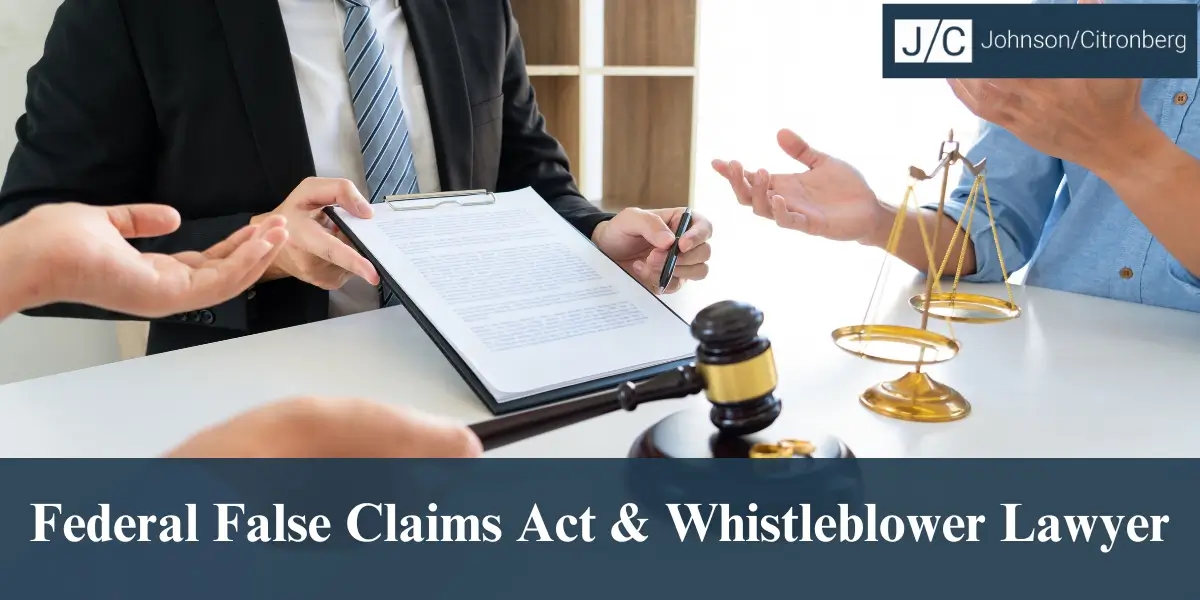The federal statute can be found at 31 U.S.C. Sec. 3729.
The False Claims Act is a federal law which allows a private individual to file a federal lawsuit on behalf of the United States when the individual is aware of a company committing fraud against the United States. The lawsuit is filed under seal in U.S. District Court. The government (usually the U.S. Attorney’s Office for the district where the suit is filed) will then investigate the case and determine if it wants to “intervene” in (or takeover the case). The most common types of False Claims Act cases are discussed below.
- Health Care Fraud. Health care fraud is by far the most common type of False Claims Act case. Anytime a healthcare provider bills a government funded program, such as Medicare, Medicaid, or Tricare, there is the potential for fraud. While the most common form involves a provider’s improper billing practices, these cases can also involve kickbacks and off-label marketing.
- Defense Contractor Fraud. The False Claims Act was created in response to contractors taking advantage of the federal government during the Civil War. Since then, the government has routinely settled large False Claims Act cases against defense contractors for false billing or providing inferior procust. In 2009 for example, Northrop Grumman settled a case for $325 million for allegedly selling defective satellite parts to the government.
- Customs / Importer Fraud. One area that has garnered recent attention is customs fraud. On many imports into the United States, the importer is required to pay anti-dumping and countervailing duties on the goods. When the importer evades these duties by misrepresenting what the goods are or where they came from, the importer has submitted a false claim and be held liable under the False Claims Act. Our lawyers won the largest False Claims Act award in the Southern District of Georgia after a furniture company imported goods through Savannah without paying the requisite duties.






